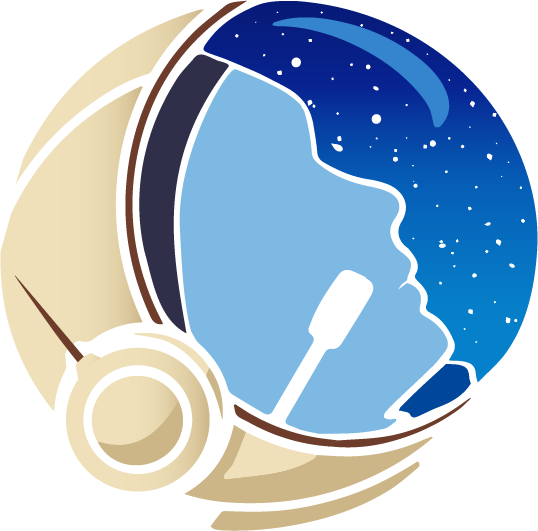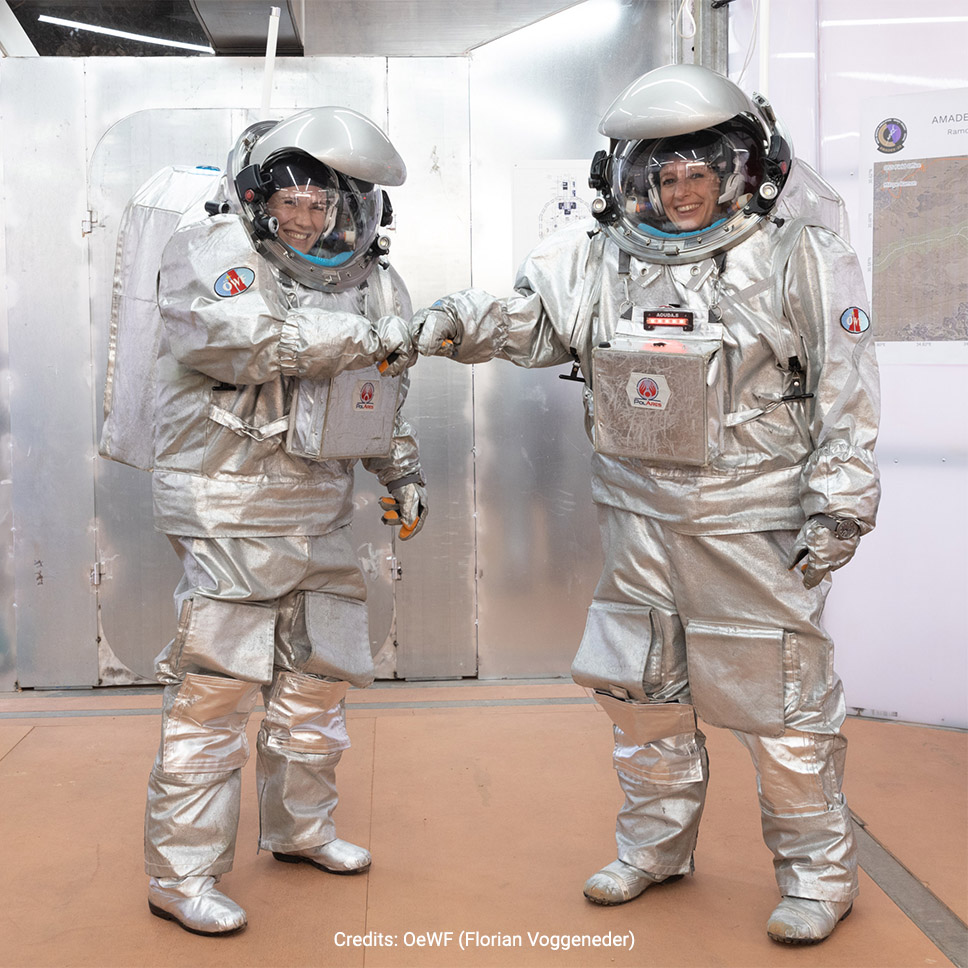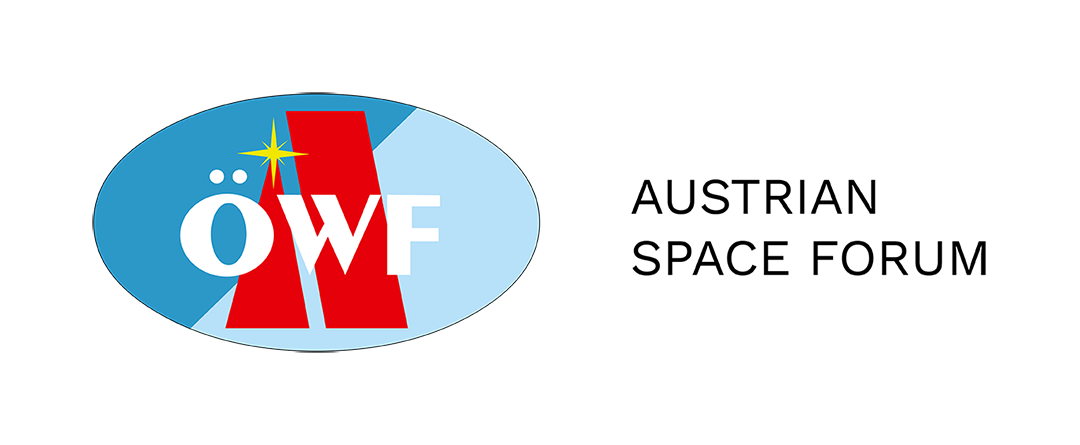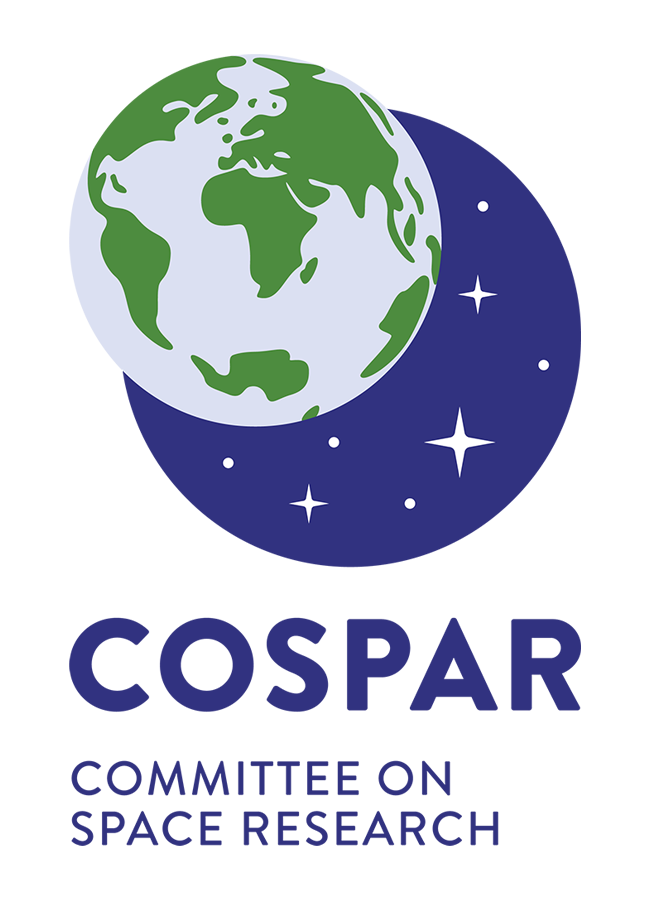
Partners
Leading Partner
The Austrian Space Forum is one of the world’s leading institutions conducting Mars analog missions, thus paving the way for the future human exploration of the Red Planet. Experts from a broad variety of disciplines as well as the spaceflight sector constitute the core of the OeWF’s continued endeavours that on a regular basis include national and international institutions from science and industry to work at the cutting edge of scientific research. In doing so the Austrian Space Forum is using its excellent contacts to opinion leaders, politics and media to further and internationally propagate Austrian top-level research. The Austrian Space Forum also contributes significantly to inspiring and educating young people in the sectors of science, technology and engineering. The OeWF offers internships to students and pupils, its experts supervise scientific papers on a regular basis.
Other Partners
COSPAR, the Committee on Space Research, was created in 1958 under the aegis of the International Council of Scientific Unions, now the International Science Council (ISC), to promote scientific research in space, and to provide a forum, open to all scientists, for the discussion of problems affecting space research. COSPAR strives to further the use of space science for the benefit of humanity and for its adoption by developing countries and new space-faring nations, in particular through a series of Capacity Building Workshops which teach practical skills enabling researchers to participate in international space research programs. COSPAR advises, as required, the United Nations and other intergovernmental organizations on space research matters and on the assessment of scientific issues in which space can play a role, for example the Group on Earth Observations (GEO), in which COSPAR is a Participating Organization. The COSPAR Panel on Education aims to generate greater awareness of the importance of space science and how it is already impacting society. The Panel establishes links and strategic partnerships, for example with UNESCO. The four Officers in charge of this Panel, and the very large body of volunteers (both teachers and scientists) working to support its activities and events have extensive experience of developing international educational projects, including EU-funded programmes, in particular ERASMUS+.
Ellinogermaniki Agogi (EA) is one of the most innovative schools in Europe. It has 2500 students (ages 5 to 18 years old) and 250 teachers in different disciplines. EA has a very strong vision-generated interest and rich research and development activity in the fields of Inquiry Based Science Education (IBSE), Project Based Learning (PBL), and STEM education in combination with digital, online based learning environments and tools that use virtual reality, augmented reality and story-based education. EA is continuously modernizing STEM education by promoting and creating user-driven learning environments for students and offering numerous opportunities for teachers’ professional development to be prepared and thrive in the landscape of unprecedented challenges and opportunities in the 21st century.
NUCLIO is a non-profit association and an NGO for development created in 2001 that focuses on the promotion of innovation in education for a better future. The work done by the team (composed of scientists, teachers, and researchers devoted to science education, psychology of education and science outreach) in the field of innovation in education includes the promotion of student-centered approaches, STEAM learning, maker skills and digital transition, democracy and participatory activities, inclusion and diversity, design thinking, scientific research in the classroom, open schooling, innovative student assessment and more. An official training centre recognised by the Portuguese Ministry of Education, NUCLIO is also the coordinator of the Galileo Teacher Training Program, one of the largest astronomy education efforts in the world, endorsed by the International Astronomical Union and UNESCO. The program has already reached over 70,000 teachers from more than 120 nations.
OLA – Observatório do Lago Alqueva (Lake Alqueva Observatory) – owned by BioSky, Lda. – provides access to a professional astronomical observatory and educational programs related to astronomy. OLA is located in a special region in Portugal known for its dark skies and dry and extreme weather conditions during most of the school year. It hosts the perfect conditions for the creation of the analog site necessary for the EXPLORE project.






